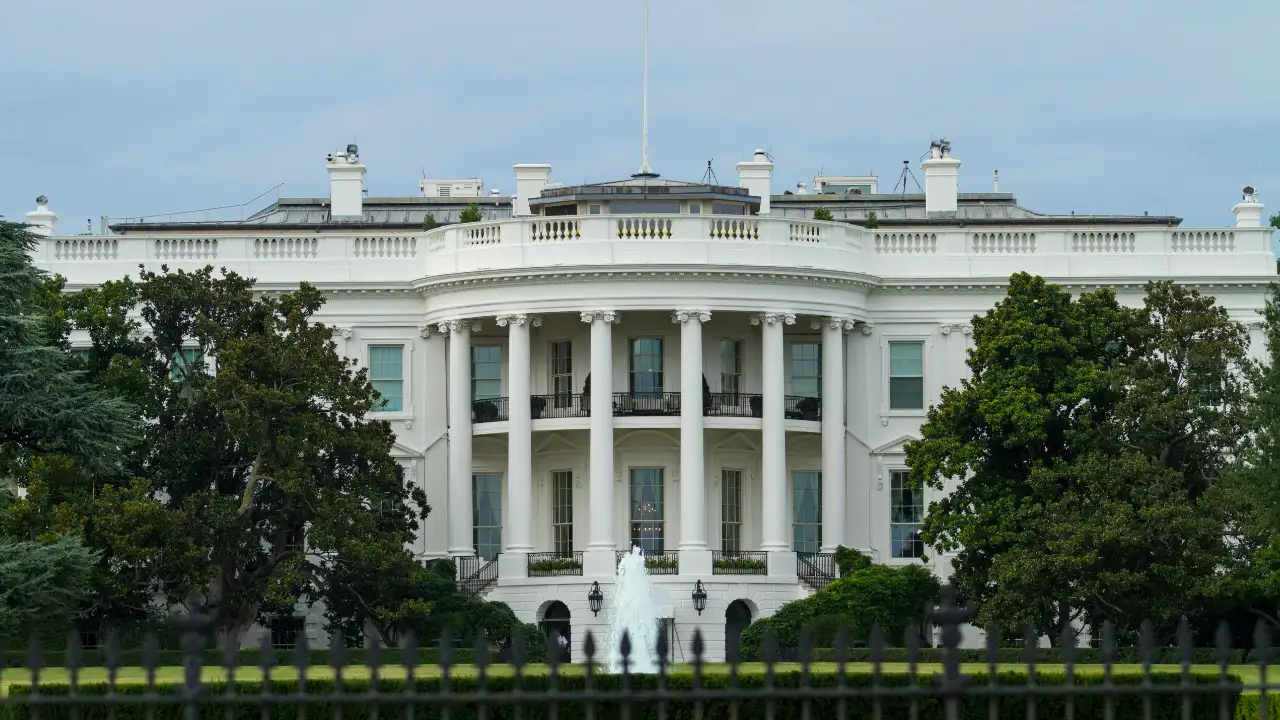
The landscape for the EB-2 National Interest Waiver (NIW) is constantly evolving. In 2025, we are observing new trends in how U.S. Citizenship and Immigration Services (USCIS) adjudicates these petitions, especially concerning Requests for Evidence (RFEs). Understanding these shifts is critical for any applicant preparing their case.
Stricter Scrutiny of National Importance
Recent 2025 NIW RFE trends show that Requests for Evidence (RFEs) and denials are increasingly focused on the first prong of the eligibility test: national importance. Both USCIS and the Administrative Appeals Office (AAO) have adopted a stricter interpretation of this requirement than before.
Applications where the petitioner’s work appears to serve only the private interests of an employer, or where the individual only appears to play a minor role in a large project, are at higher risk of denial. USCIS is requiring petitioners to clearly establish how their contributions impact the United States on a broader scale, commensurate with the idea of national importance.
Challenges for Engineers
Many engineers have faced denials when their work is tied primarily to internal corporate projects that only benefit the private interests of the employer. If the petition cannot demonstrate how the engineer’s contributions extend beyond their immediate employer, it becomes difficult to meet the national importance standard. Even those working on industry-significant projects must show their individual role was substantial enough to be credited with influencing broader outcomes.
Hurdles for Entrepreneurs
Entrepreneurs are encountering similar issues. USCIS often denies petitions when the evidence suggests the business only generates profit for itself or for its immediate clients. To qualify, entrepreneurs must provide proof that their specific project will have a broader national or global impact on their industry or field. Merely operating a successful business is not sufficient to meet the standard.
Importance of Strong Evidence
Applicants should focus on providing objective evidence of innovation that demonstrates how their work advances their field. Detailed, credible expert letters can be persuasive when they explain how a particular project influences the industry at large. However, template-style letters with generic language are routinely dismissed as unreliable.
USCIS is looking for documentation that establishes measurable, fieldwide impact—not vague claims of potential benefit. This makes carefully curated evidence and thoughtfully drafted expert support critical components of a strong NIW petition.
For those seeking further guidance we invite you to sign up for our free webinars where you can ask questions, download our free NIW guide, or schedule a consultation with our expert lawyers to get tailored advice for your immigration journey.